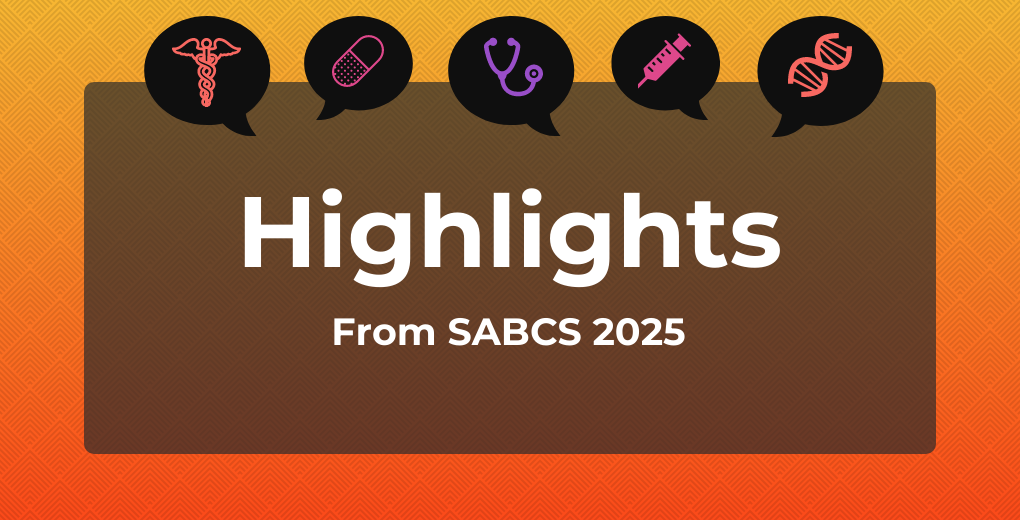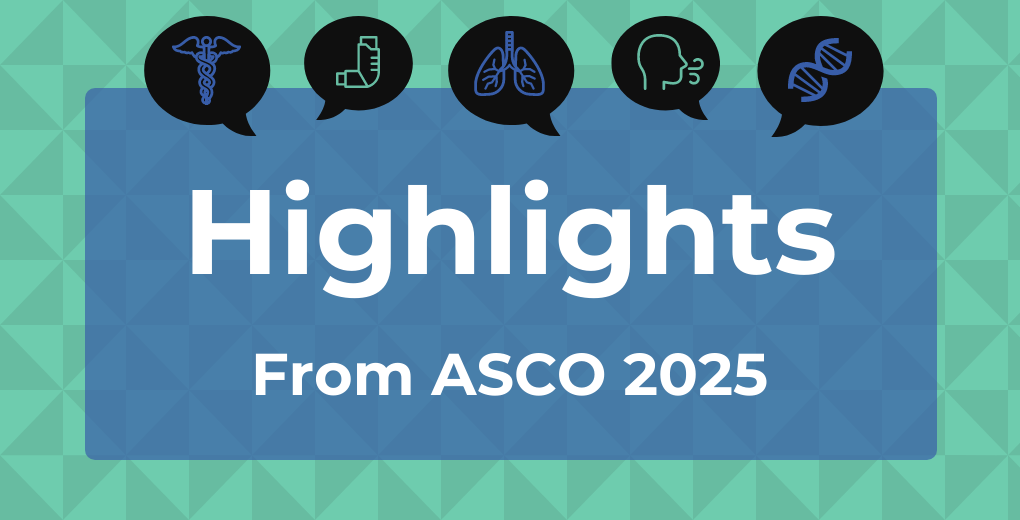
Breast Cancer
Latest News
Latest Videos

Shorts










Podcasts
More News

The FDA approved trastuzumab deruxtecan plus pertuzumab for first-line HER2-positive metastatic breast cancer after DESTINY-Breast09 showed major PFS gains.

Phase 1 data presented by Andrew Brenner, MD, PhD, showed RNL-186 improved survival, reduced symptoms, and demonstrated strong safety in patients with leptomeningeal metastases.
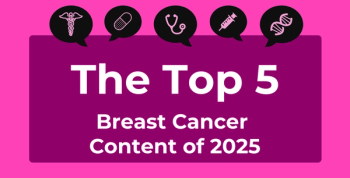
Our top breast cancer stories in 2025 covered FDA approvals, new and failed therapies, screening gaps, and policy factors shaping treatment access and outcomes.

Erika Hamilton, MD, reports early trial data showing DB-1305/BNT325, a TROP2-targeted ADC, produced encouraging responses in heavily pretreated TNBC patients.

A new TROP2-targeted ADC showed promising efficacy in an early TNBC trial, with Erika Hamilton, MD, highlighting its potential for broader use in future treatment.

Men's breast cancer awareness is crucial as it often goes unrecognized, leading to advanced stages at diagnosis, Michael Hassett, MD, explains.

Michael Hassett, MD, explains the evolving landscape of HER2-positive breast cancer treatment and the role of CDK inhibition in personalized therapy strategies.

Adam Brufsky, MD, PhD, addresses how the COVID-19 pandemic affected breast cancer screening rates across Pittsburgh.

Danielle Roman, PharmD, BCOP, discusses the challenges of accessing genomic test results and managing prior authorization in patient care for breast cancer.

AI and digital tools are reshaping breast cancer care—from screening and trials to remote monitoring and lifestyle support.

Michael Hassett, MD, MPH, discusses the rise of oral therapeutics in breast cancer care, emphasizing patient support, education, and overcoming financial barriers for better outcomes.

Breast cancer is the most researched disease globally, yet there are still significant gaps in equity and access to care and treatments.

Artificial intelligence models may advance clinical trial design and enrollment to improve trial success and patient outcomes.

Adjuvant abemaciclib (Verzenio; Eli Lilly) plus endocrine therapy prolonged survival in high-risk HR-positive, HER2-negative early-stage breast cancer.

Clinician's role in breast cancer care and access with reproductive and urinary oncologist Lakshminarayanan Nandagopal, MD

Advancements in breast cancer care and treatments with reproductive and urinary oncologist Lakshminarayanan Nandagopal, MD.

FDA approved the monotherapy for estrogen receptor (ER)–positive and HER2-negative metastatic breast cancer.

The Oncotype DX 21-gene recurrence score helps guide adjuvant therapy in women with early-stage breast cancer and low genomic risk.

Survivorship care and patient tools like the breast cancer index help patients and doctors curate an individualized survivorship plan for each patient.

Olivo Adriana, NP, highlights the importance of survivorship care and how providers are utilizing available tools to the best of their ability.

The Breast Cancer Index and artificial intelligence–assisted mammograms are tools that can help mitigate symptoms and reassure patient insecurities of women with breast cancer post-treatment.
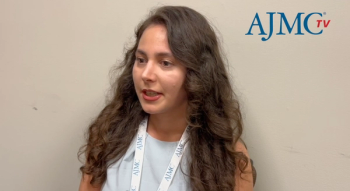
Oranus Mohammadi, MD, outlines how antibody-drug conjugates are transforming breast cancer treatment across subtypes and discusses her approach to sequencing high-cost targeted therapies within payer and clinical practice constraints.
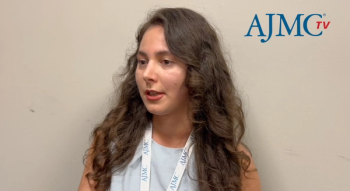
Oranus Mohammadi, MD, discusses the emerging applications of circulating tumor DNA (ctDNA) in breast cancer care and emphasizes the importance of clear communication to help patients navigate uncertain or anxiety-provoking biomarker test results.

Joanne Mortimer, MD, FACP, FASCO, discusses the practical applications and limitations of circulating tumor DNA (ctDNA) testing in breast cancer, highlighting its role in guiding targeted therapy, challenges in patient communication and payer coverage, and unique barriers for male patients.

A clinical trial assessing a remote weight loss intervention in women with breast cancer saw a reduction in body weight.


